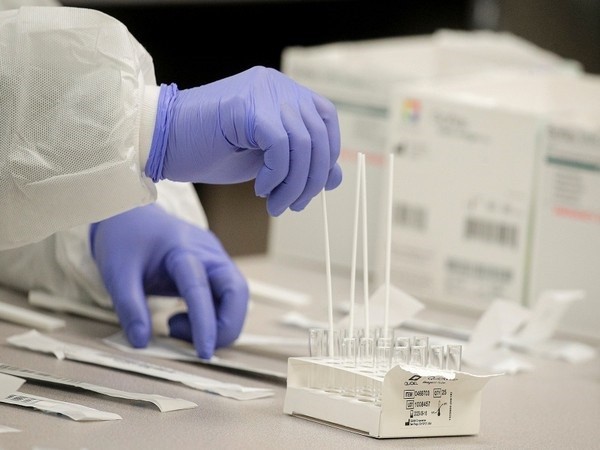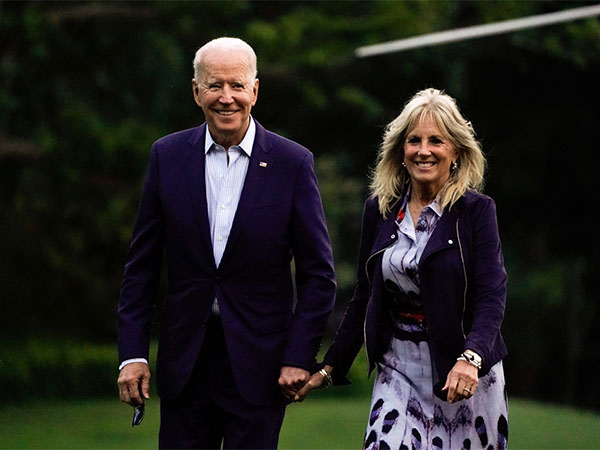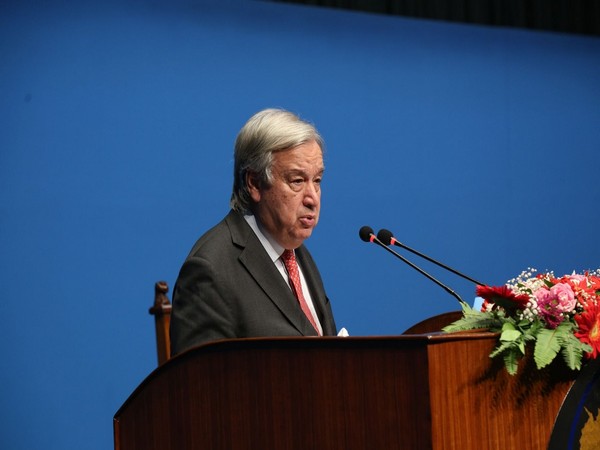Scientists see risk of lost opportunity for long COVID research in China
Dec 15, 2023
Beijing [China], December 15: With more than a full year past since China eased restrictions and let COVID-19 sweep its households, scientists are worried a unique opportunity may be slipping away to study long COVID from possibly hundreds of millions of infections in that country.
Global disease experts say little is known about China's experience with long-term COVID effects, which in Britain, Canada, the U.S. and elsewhere are thought to have afflicted millions with debilitating fatigue, brain fog and other symptoms that persist for months or even years.
China's rare circumstances - relying on home-grown vaccines and mostly avoiding COVID until late in the pandemic - could, these experts say, provide particularly valuable data and insights on long COVID.
But national agencies' funding plans and comments from scientists and policy experts in China suggest that interest in public health-related COVID studies may be waning in the country's research community, like it has elsewhere, as memories fade of stay-at-home orders and close contact tracing.
"The majority of COVID cases in China emerged less than a year ago," Martin Taylor, the World Health Organization's China representative, said in an emailed reply to queries.
Chinese research might, he said, offer a different view from other countries and help to shed light on the causes, prevalence and risk factors of long COVID, which are still not clearly understood.
"Given that situation, WHO encourages more research in China."
But academics point to signs China may be deprioritising or even backing away from public health-related COVID research, including at government agencies that offer grants and academic journals that publish research studies.
"I haven't heard much at all about long COVID, or research on long COVID, despite a wave last winter in which a very large fraction of the population were infected for the first time," said Ben Cowling, an epidemiologist at the University of Hong Kong.
"I'm quite surprised about that, but I am aware that it could be a sensitive topic . I think the country wants to put COVID behind it."
Source: Fijian Broadcasting Corporation








